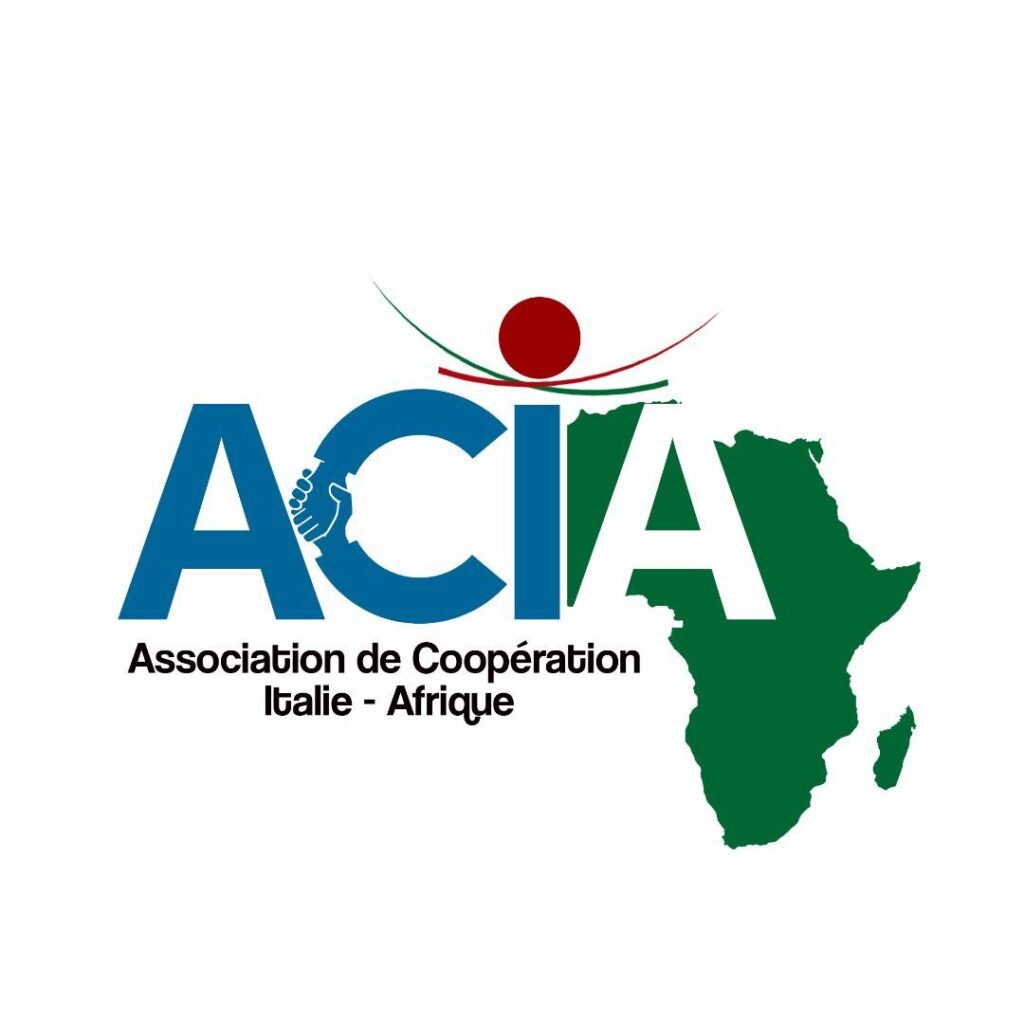SUMMARY OF:
Partnership Agreement 2000/483/EC - between the ACP countries and the EU
WHAT IS THE PURPOSE OF THE PARTNERSHIP AGREEMENT?
The Cotonou Agreement is the backbone of the partnership between the EU, the EU countries and 79 countries of the Africa, Caribbean and Pacific (ACP).
It aims to reduce poverty to its eradication, to support the development sustainable economic, cultural and social development of partner countries and to assist the progressive integration of their respective economies into the world economy.
KEY POINTS
Fundamental Principles
The Cotonou Agreement is a close cooperation based on a number of principles:
- equality of partners;
- ACP countries themselves define their own development policies;
- cooperation is not only about governments: parliaments, local authorities, the civil societyprivate sector, economic and social partners play their own role;
- cooperation agreements and priorities vary according to different aspects, such as, for example, the development levels of the countries.
Organisation
Joint institutions were established to support the implementation of the Cotonou Agreement:
- The ACP Council of Ministersassisted by Committee of Ambassadors:
- conducts political dialogue;
- adopts policy guidelines; and
- takes the decisions to implement the Agreement.
- It presents an annual progress report of the ACP-EU Joint Parliamentary Assembly. This advisory body makes recommendations on the realisation of the objectives of the Agreement.
- The Joint ACP-EU Ministerial Trade Committee discusses issues of commercial interest to all ACP countries. It also oversees the negotiation and implementation of the economic partnership agreements. It also examines the impact of multilateral trade negotiations on ACP-EU trade and the development of ACP economies.
- The ACP-EU Development Finance Cooperation Committee examines the implementation of development finance cooperation and monitors its progress.
The political dimension
La political dimension of the Cotonou Agreement is important and includes:
- a comprehensive political dialogue on national, regional and global issues;
- the promotion of human rights and democratic principles;
- I development of policies to consolidate the peace, conflict prevention and resolution;
- migration and security issues, including the fight against terrorism and the fight against proliferation of weapons of mass destruction.
Activities
The agreement includes cooperation activities to enhance:
- economic development focused on the industrial, agricultural or tourism sectors in ACP countries;
- social and human development to improve health, education and nutrition services; and
- regional cooperation and integration to promote and expand trade between ACP countries.
These activities are financed through the European Development Fund.
The agreement complies with the rules of the World Trade Organisation and allows ACP states to participate fully in the international trade.
Revision of the Agreement
The agreement was signed in 2000 and will come to an end at the end of 2020.
It was recently revised in 2017 (Decision (EU) 2017/435). In 2010, the agreement was adapted to focus on aspects such as:
- climate change;
- food safety;
- HIV/AIDS;
- the sustainability of fisheries;
- the strengthening of security in the most fragile regions; and
- the achievement of millennium development goals (replaced, in 2016, by 17 sustainable development goals).
I negotiations for a new agreement must start by August 2018.
In 2016, a communication on a new partnership for the period after 2020. It:
- is inspired by theUnited Nations Agenda 2030;
- supports the global strategy for the EU's foreign and security policy that provides strategic guidance on the EU's external interests and ambitions;
- is consistent with the European Consensus on Development.
SINCE WHEN DOES THE PARTNERSHIP AGREEMENT APPLY?
It has been in force since 1o April 2003 and was originally due to expire on 29 February 2020. Decision no. 3/2019 extends the application of the agreement until 31 December 2020, or until the entry into force (or provisional application) of the new agreement replacing the Partnership Agreement 2000/483/EC.
CONTEXT
Negotiations for a new agreement between the EU and the ACP countries to replace Partnership Agreement 2000/483/EC were launched in 2018.
For more information see:
- Cotonou Agreement (Council).
- Africa, Caribbean and Pacific (European Commission).
MAIN DOCUMENT
Partnership Agreement 2000/483/EC between the members of the African, Caribbean and Pacific Group of States, of the one part, and the European Community and its Member States, of the other part, signed in Cotonou on 23 June 2000 (OJ L 317, 15.12.2000, p. 3).
Subsequent amendments to Partnership Agreement 2000/483/EC have been incorporated into the original text. The consolidated version has only documentary value.
RELATED DOCUMENTS
Decision no. 3/2019 of the ACP-EU Committee of Ambassadors of 17 December 2019 on the adoption of transitional measures under Article 95(4) of the ACP-EU Partnership Agreement [2020/2] (OJ L 1, 3.1.2020, p. 3).
Joint Declaration of the Council and the Representatives of the Governments of the Member States meeting within the Council, the European Parliament and the Commission (OJ C 210, 30.6.2017, p. 1).
Decision (EU) 2017/435 of the Council of 28 February 2017 concerning the conclusion of the Agreement amending for the second time the Partnership Agreement between the members of the African, Caribbean and Pacific Group of States, of the one part, and the European Community and its Member States, of the other part, signed in Cotonou on 23 June 2000, as amended in Luxembourg on 25 June 2005 (OJ L 67, 14.3.2017, p. 31).
Joint Communication to the European Parliament and the Council: A Renewed Partnership with African, Caribbean and Pacific Countries [JOIN(2016) 52 final of 22.11.2016].






